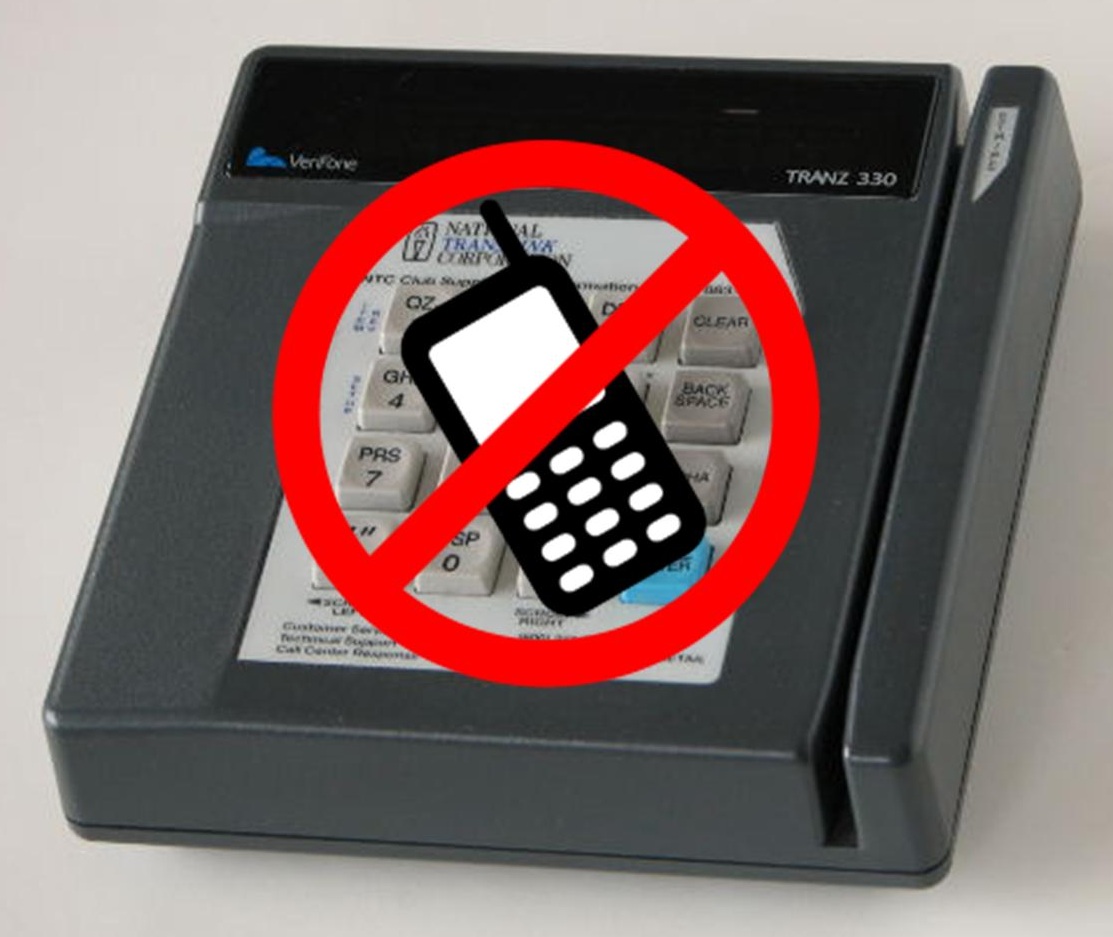 Accidental ad clicks seen throughout mobile marketing
Accidental ad clicks seen throughout mobile marketing
Mobile marketing has become a very important aspect of the business world. With smart phone penetration so high among consumers, companies interested in reaching out to a broad audience must find ways to engage mobile consumers. Thus, mobile marketing initiatives are quickly being formulated by companies that realize the potential benefits of appealing to mobile consumers. Google is one of these companies, but the technology giant has been seeing complaints regarding in-application advertisements that could be causing consumers some problems.
In-app ads are common in the mobile space
In-app advertisements are a common way for app developers to generate revenue, especially those that specialize in developing free applications. Developers often sell empty space in applications to advertisers. Most of these ads are designed to be somewhat discreet, or at least out of the way of an application’s primary content. Google suggests, however, that a growing number of people are accidentally clicking these advertisements. While unintentional clicking may be a small problem for some people, mobile advertisements, especially those found in applications, often collect information from a mobile device upon consumer engagement.
Google takes steps to cut down on misclicks
Google is taking steps to curb accidental clicking in mobile marketing through the introduction of a new service for all Android smart phones. This service is meant to confirm all clicks that are made on in-app advertisements. With the new service, when a consumer click on an advertisement, their smart phone will ask if they truly want to follow the ad. If confirmed, the advertisement will play out as designed. Google does not expect that the new service will have any negative impact on mobile marketing campaigns.
New Google service may help mobile marketing
Mobile marketing is a popular way to get in touch with a new generation of consumer, but consumers are often agitated by accidental clicks. Curbing consumer frustration may actually help improve the acceptance of mobile marketing among consumers and help advertisers achieve more accurate analytic data that could help them craft better campaigns in the future.

 The marketplace is rocked by the shocking news that a major player has dropped out.
The marketplace is rocked by the shocking news that a major player has dropped out.